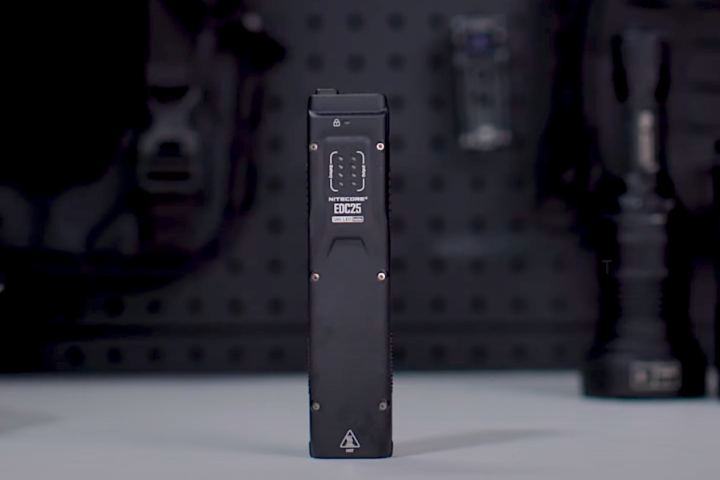February 20, 2009 We live in a society that is creating more toxic chemicals everyday. In nearly all forms of production many undesirable chemicals get produced which cannot simply be disposed of, even in industrial settings. If these chemicals are tipped down the sink or flushed down the toilet they will end up back in our water streams and pollute our precious and already strained environment. The standard solution is to transport harmful chemicals to distant chemical treatment facilities where they can be broken down and disposed of responsibly, but these processes use a lot of energy and often produce many undesirable byproducts such as oily polluting residues that end up in landfill and release methane into the atmosphere which seeps back into the environment.. That's where this ecologically friendly bacterial treatment from Microbial Solutions' comes in. Microcycle, as it's known, turns toxic exhausted metal working fluids into grey water that is safe to dispose of into the sewerage system.
Microbial Solutions has completed a successful trial of a commercial scale bio-reactor using the Microcycle treatment, which targets the toxic coolants and lubricants used in the metal-working industry.
On the technical side, Microcycle involves the use of a bio-reactor, a large cylinder containing a plastic matrix into which the metal working fluids are poured. A specifically selected conglomerate of bacteria is introduced into the bio-reactor. These bacteria affix to the matrix and digest the toxins and chemicals, reducing the pollution load of the fluids by up to 98%. An additional benefit is that the toxic components are converted to a neutral gas.Microcycle Technology replaces energy intensive disposal processes, such as vacuum evaporation and ultra filtration, two methods that also produce toxic oily waste residue.
BAE Systems, the global defense and aerospace systems manufacturer, commissioned a trial bio-rector from Microbial Solutions for its facility at Brough in East Yorkshire. This 5-tonne reactor has been in operation since early 2008 and has succeeded in it’s initial goals, proving that the process works on an industrial scale.
“Microbial Solutions’ reactor […] helps us meet our environmental obligations," said Peter Fish, BAE Systems Estates Manager. "We have a site of special scientific interest near our Brough plant, and we have to be very careful when transporting, treating, or disposing of waste.”
Industrial companies are restricted in order to reduce the toxicity of waste fluids as well as the amount of waste sent to landfill and climate change gas emissions. This new technology can help them meet their targets.
Stephen Saunders







